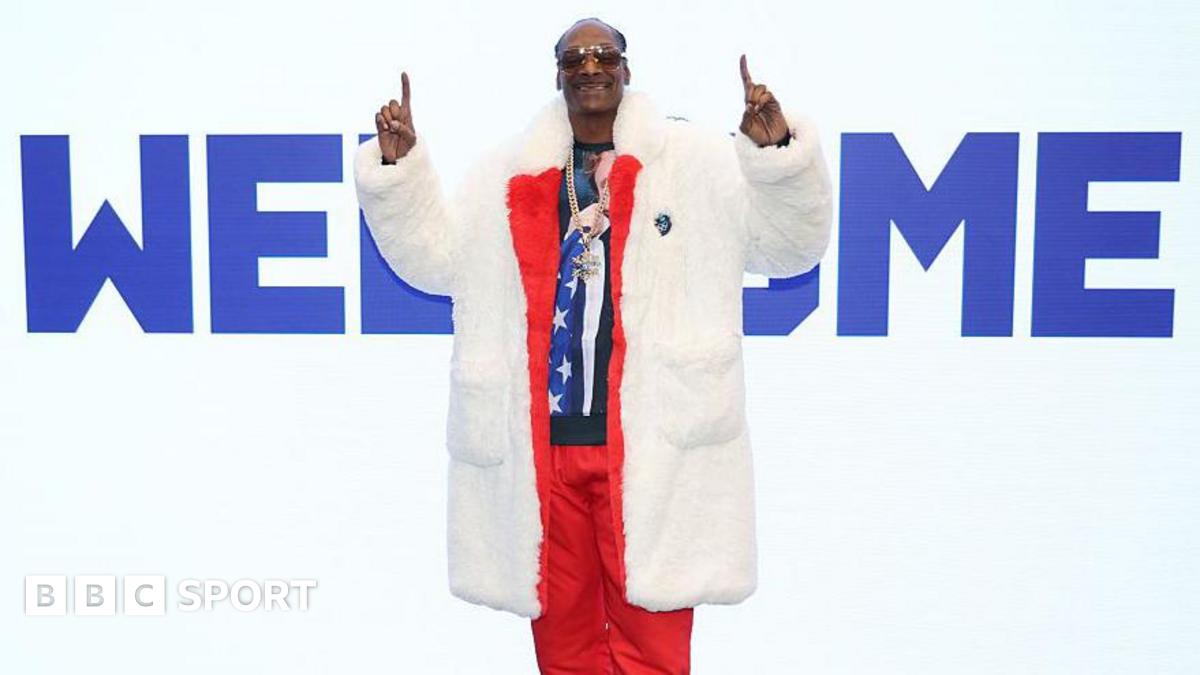Snoop Dogg: Rap legend and Swansea City – the story behind football’s unlikeliest link-up
It’s certainly done that.
Responsible for selling 35 million records worldwide, Snoop Dogg can now add record ticket sales to his resume.
The club have opened up sections of the away end because of the spike in interest, meaning not only have the ‘sold out’ signs gone up for the visit of Preston North End, the game is also set to see more Swansea fans in the ground than ever before.
It’s a short term hit of buzz for a club that lost its way after relegation from the Premier League in 2018.
Eyes, however, are now on a return – with the involvement of Snoop part of a longer-term plan that Swansea chief executive Tom Gorringe says has “no limits”.
Brought on board by the club’s US owners Brett Cravatt and Jason Cohen in July, Snoop’s minority stake didn’t mean a large injection of cash.
But it did mean a huge boost to its ability to sell itself.
“The reality is that if we operated within our natural resources we couldn’t compete financially,” says Gorringe, speaking just after helping show Snoop around the club’s training base on Monday afternoon where he met players and staff.
“PSR (profit and sustainability rules) is our biggest constraint. We are up against sides with parachute payments and we have one of the lowest turnovers.
“We have to think of new ways to generate income. We are an underdog and part of the attraction for him is the difference he can make with the pull he naturally has.”
That pull includes more than 100 million social media followers – more than Wrexham’s ownership combined – that Swansea have already looked to make the most of.
Beyond growing the brand and the wider fan base, which Gorringe admits “takes time”, there have already been tangible benefits.
Income has been tie-ins including clothing collaborations with Snoop’s own publishing label, the iconic Death Row Records that was once the home of Dr Dre and Tupac Shakur.
“By December, our retail business surpassed last year’s revenue,” says Gorringe, who has previously suggested that sponsorship deals for next year are set to be bigger and better than any previous agreement.
